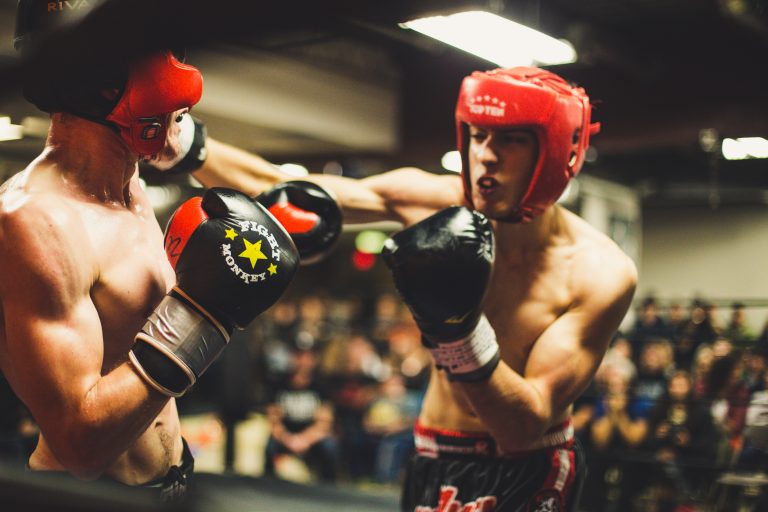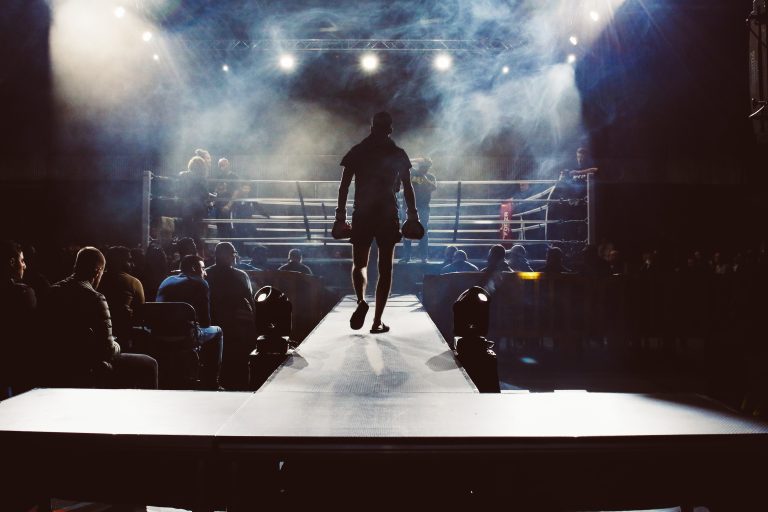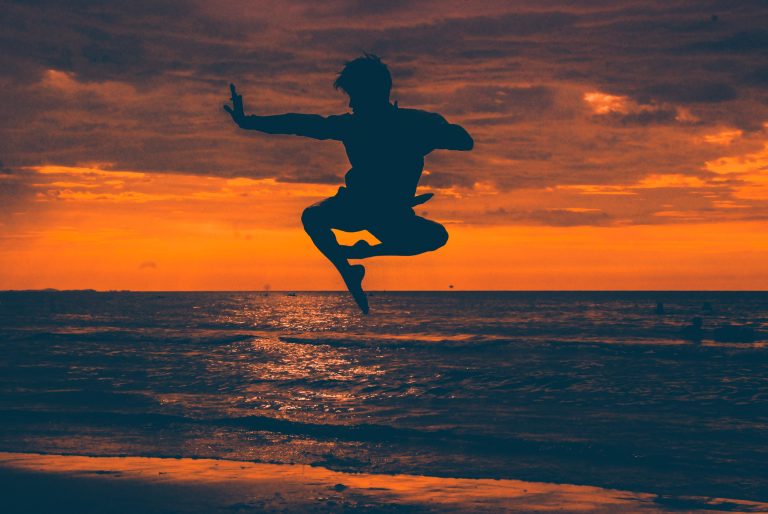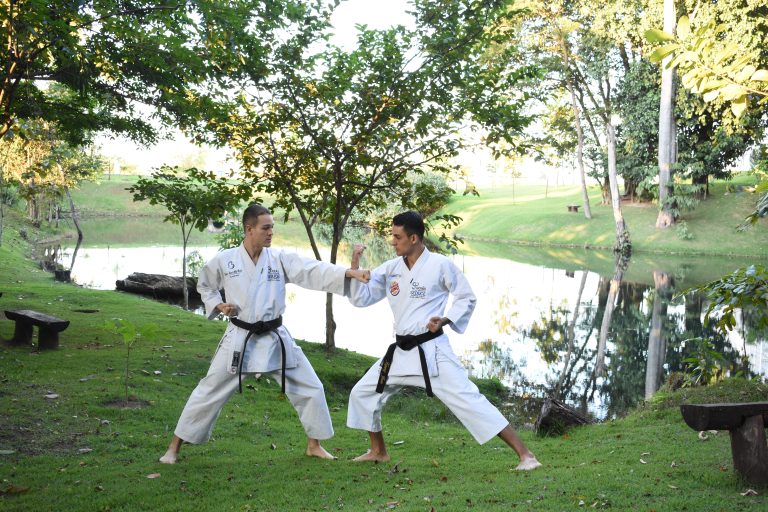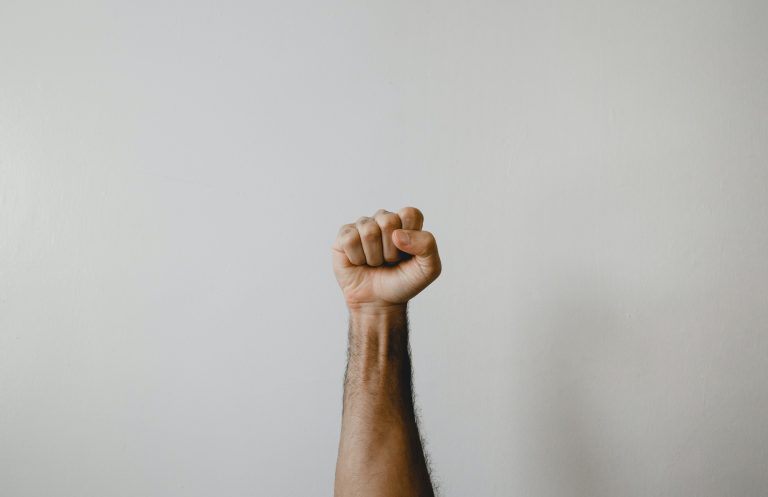The Benefits of Practice in Karate For Martial Artists
Karate is a martial art that has been practiced for centuries and is now still practiced by many practitioners all over the world. Unlike many other martial arts, karate focuses on efficiency, power, and efficacy. What makes karate practice so beneficial, and why should martial artists make sure to practice it regularly? In this blog post, we’ll explore why practice in karate is so important for martial artists and the many benefits it has on their development as a martial artist.
What Is Karate?
Karate is a Japanese martial art that emphasizes striking and kicking techniques. It involves various forms of blocks and strikes used to defend oneself against an opponent. The term “karate” literally translates to “empty hand”—showing that its practitioners rely solely on their body to protect themselves against an attacker.
In karate, practice is essential. Practicing helps students to master the fundamental movements or kata—a set of movements strung together that are performed in a specific order. Through practicing kata, students gain a deeper understanding of the fundamentals of karate, such as stance, posture, balance, power, and timing of strikes.
The Benefits of Practice in Karate
Practicing karate can offer students a variety of tangible benefits:
1. Improved Flexibility
Karate involves a variety of stretching and strengthening movements that can help improve flexibility and coordination. Practicing karate regularly helps practitioners increase their range of motion and overall flexibility, making it easier for them to perform certain movements and improve their balance.
2. Improved Awareness and Focus
Karate requires intense focus and concentration on the movements being performed. This heightened focus can help practitioners develop a greater awareness of their surroundings and become more aware of events happening in their environment. This heightened awareness can be beneficial for martial artists in multiple situations related to self-defense.
3. Improved Conditioning Levels
Karate is a physically demanding martial art that can help practitioners improve their level of conditioning. Karate involves explosive movements, such as kicks and strikes, combined with aerobic exercise that can help build endurance and improve overall strength and power.
4. Improved Self-Defense Skills
Practicing karate helps martial artists build the technical skills necessary for effective self-defense. Through regular practice, martial artists can become familiar with the movements used in self-defense techniques, allowing them to respond faster in a dangerous situation.
5. Improved Stress Relief
Practicing karate can also be an effective way to reduce stress levels. The physical movements combined with the intense focus required can help take the practitioner’s mind off stressful situations and provide a sense of focus and calmness.
How to Get the Most Out of Karate Practice
For martial artists looking to get the most out of their karate practice, frequent practice is essential. You can incorporate traditional drills and exercises into your regular training regimen as well as engage in light sparring or drills with a partner to really test your knowledge and skills. When practicing movements or kata, pay close attention to your form and posture—this will help ensure you’re performing the techniques correctly and getting the most out of your practice.
Finally, martial artists should make sure to consult with a certified instructor when starting any new form of exercise or martial art. This will help ensure you’re learning the proper form and techniques associated with karate and that you’re staying safe while practicing.
Conclusion
Karate is a highly effective martial art that requires regular practice in order to get the most out of it. Its different forms of blocks and strikes offer a range of tangible benefits including improved flexibility, awareness, conditioning levels, self-defense skills, and stress relief. To get the most out of practice in karate, martial artists should make sure they practice frequently while paying close attention to their form and posture, as well as consult with a certified instructor before starting any new form of exercise or martial art. By practicing regularly and paying attention to the details, martial artists can take advantage of all the benefits that karate has to offer.
The Benefits of Practice in Karate For Martial Artists: FAQs
Karate is a martial art that originated from the Ryukyu Islands in Japan. It is now practiced all over the world and has become a well-known combat sport. With its unique blend of kicks, punches, and jumps, karate offers numerous benefits to martial artists, regardless of their age, gender, or skill level.
In this article, we’ll address some of the most frequently asked questions about the benefits of practicing karate for martial artists.
What is karate?
Karate is a Japanese martial art that focuses on both physical and mental development. The word „karate“ means „empty hand,“ which refers to the fact that it involves no weapons. Karate is a striking discipline that emphasizes punches, kicks, and knee strikes to neutralize an attacker.
What are the benefits of practicing karate?
Practicing karate has many benefits, including:
1. Physical fitness and conditioning
Karate is a full-body workout that improves cardiovascular health, strength, flexibility, balance, and coordination. Karate training involves both aerobic and anaerobic exercises, which promote overall fitness and prevent chronic diseases.
2. Self-defense skills
Karate is a self-defense art that teaches students how to protect themselves in dangerous situations. With proper practice, martial artists can develop effective techniques to fight back against attackers and avoid harm.
3. Mental discipline and concentration
Karate training requires mental discipline and concentration, which help students to focus and develop a sense of calmness under pressure. This mental training can also improve academic and work performance, as well as other areas of life.
4. Respect and humility
Karate emphasizes respect for oneself, others, and the environment. Through its traditional etiquette and customs, practitioners learn to be humble and respectful towards their training partners and instructors.
5. Goal-setting and achievement
Karate training involves setting and achieving goals, which can boost self-confidence and self-esteem. Practitioners can work towards earning belts and advancing through different levels, which gives them a sense of accomplishment and progress.
Can anyone practice karate?
Yes, anyone can practice karate regardless of their age, gender, or fitness level. Karate is a highly adaptable martial art that can be tailored to each individual’s needs and abilities.
Do I need any equipment to practice karate?
Yes, you will need some equipment to practice karate, including:
- Uniform or „gi“
- Belt
- Protective gear (depending on the level of training)
Do I need a partner to practice karate?
Not necessarily. Many karate techniques can be practiced solo, such as kata (a series of pre-arranged movements) and basic strikes. However, practicing with a partner allows for more realistic self-defense scenarios and helps to improve timing and distance.
Is karate safe to practice?
Like any physical activity, there is a risk of injury associated with karate training. However, with proper instruction and safety precautions, the risk can be minimized. Many martial arts schools and organizations have specific safety guidelines and protocols to ensure the safety of their students.
What is the best age to start practicing karate?
There is no definitive answer to this question since everyone is different. However, martial arts schools generally accept students as young as four years old, with some specializing in teaching children. It’s never too late to start practicing karate, and there are many benefits to starting as an adult.
Conclusion
Karate offers numerous benefits to martial artists, including physical health, self-defense skills, mental discipline, and respect. Anyone can practice karate, regardless of their age or fitness level, and the risk of injury can be minimized with proper instruction and safety precautions. By asking these frequently asked questions about practicing karate for martial artists, we hope to have shed some light on this fascinating martial art and its numerous benefits.
Inhaltsverzeichnis

